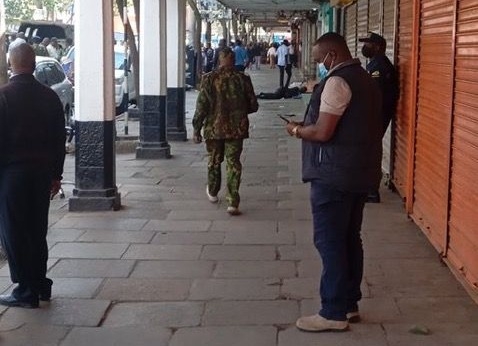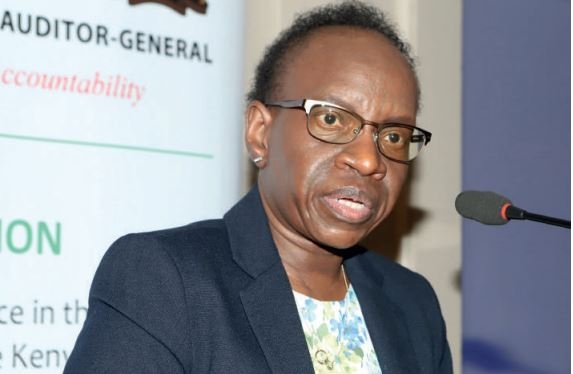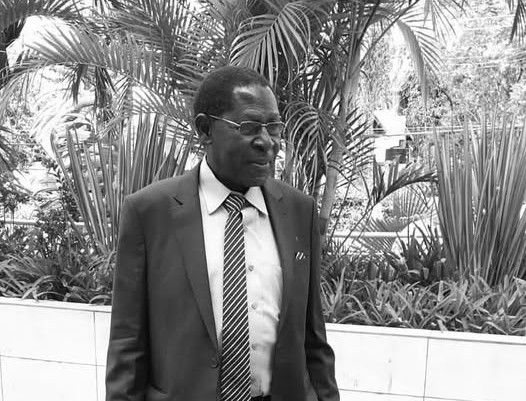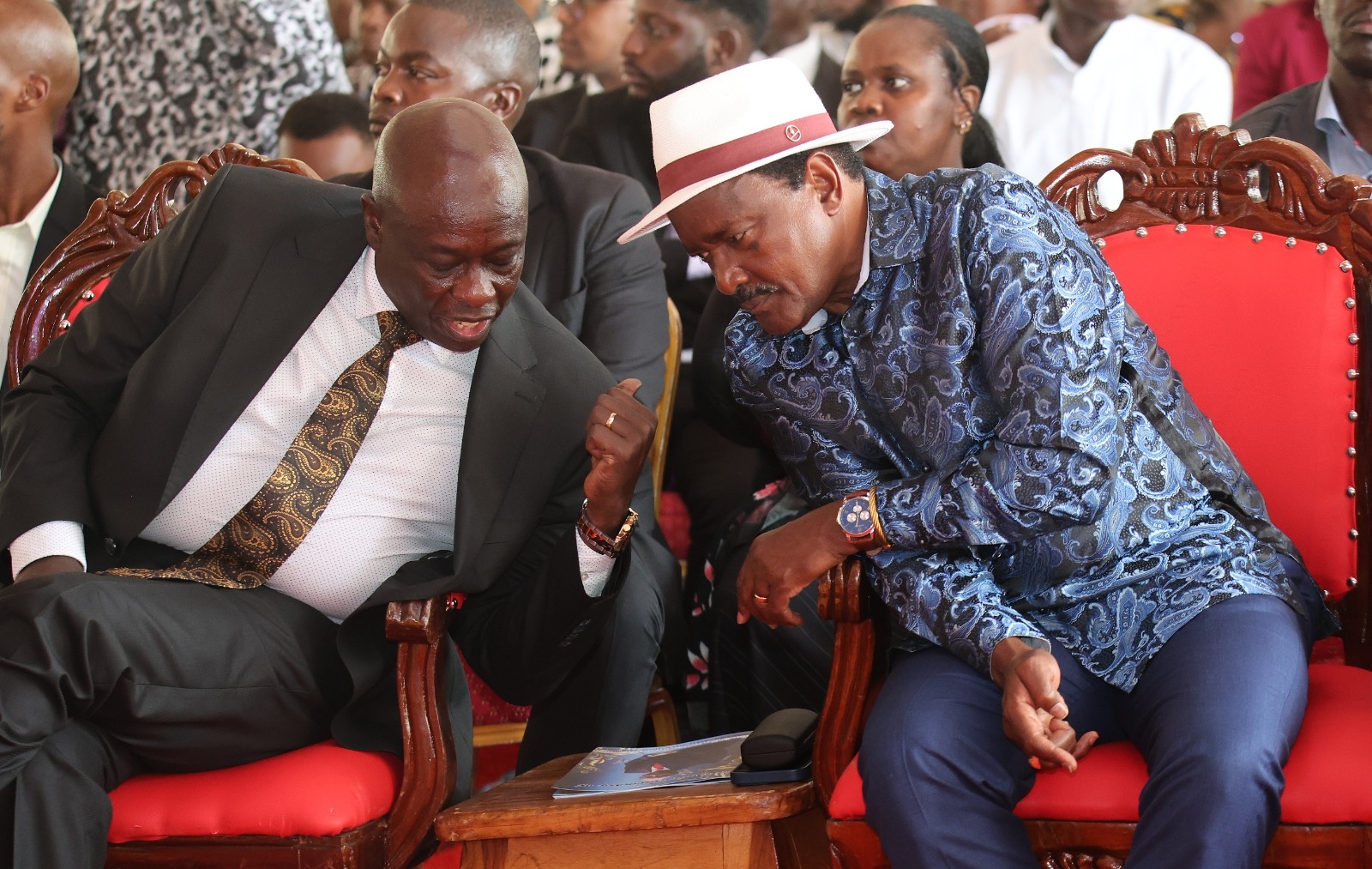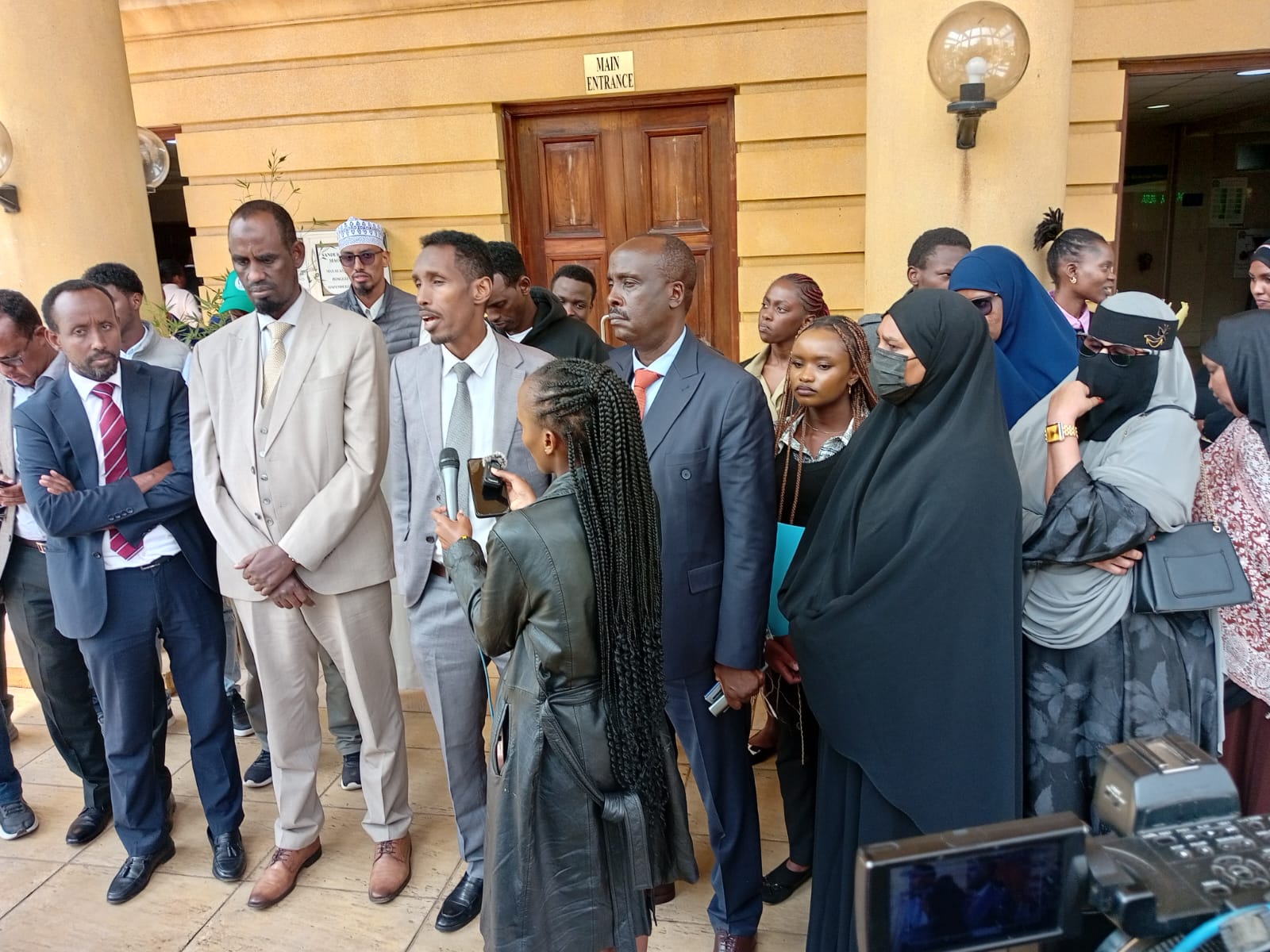
The High Court has heard that Wajir Huduma Centre Manager and Assistant County Commissioner, Hussein Abdirahman Mohamed, has been missing since July 8, 2025, after he dropped his children at school and failed to return home or report to work.
In a court application filed by his family on July 14, the court was informed that Mohamed’s whereabouts remain unknown, prompting calls for the State to account for him.
Lawyer Shadrack Wambui, representing the family, told Justice Chacha Mwita that Mohamed was still actively serving in government when he went missing.
“After dropping his children off at school and heading to work, he never returned and has been missing ever since,” Wambui said.
The family reported the matter at Wajir Police Station under OB number 17/10/7/2025.
Although police opened investigations, the lawyer said the family has not received any updates or formal communication from authorities, leading them to seek the court’s intervention.
Wambui urged the court to compel the police and relevant state agencies to provide information on Mohamed’s whereabouts, stressing their responsibility to conduct thorough and transparent investigations.
“You have the power to issue conservatory orders requiring the respondents to inform the family of his whereabouts or produce him in court,” he said.
Lawyer Danstan Omari, also representing the family, underscored the seniority of the missing officer, stating that he was entitled to protection due to the nature of his role.
“This is the highest-ranking public servant to go missing in recent times,” Omari said, noting that Mohamed should have been under armed protection and surveillance as part of his job.
The respondents opposed the habeas corpus application, arguing that they had already filed an affidavit detailing steps taken to locate him.
They said that a signal had been circulated to all police stations nationwide by the Sub-County Investigations Officer following his disappearance.
State counsel also argued that the threshold for granting a habeas corpus order had not been met, noting that there was no evidence that Mohamed was in State custody.
“A person in custody can seek a habeas corpus order, but in this case, custody has not been established,” they said, maintaining that Mohamed is not being held by the State.
Justice Mwita acknowledged the seriousness of the matter and said the disappearance raises significant legal and human rights concerns.
He directed the respondents to continue efforts to trace and, if possible, produce Mohamed in court before the next mention date, set for September 16, 2025.
The judge noted that the case presents complex legal issues and will issue a ruling after the court resumes from recess.
The family is seeking orders compelling the production of Mohamed in court, either alive or deceased.





